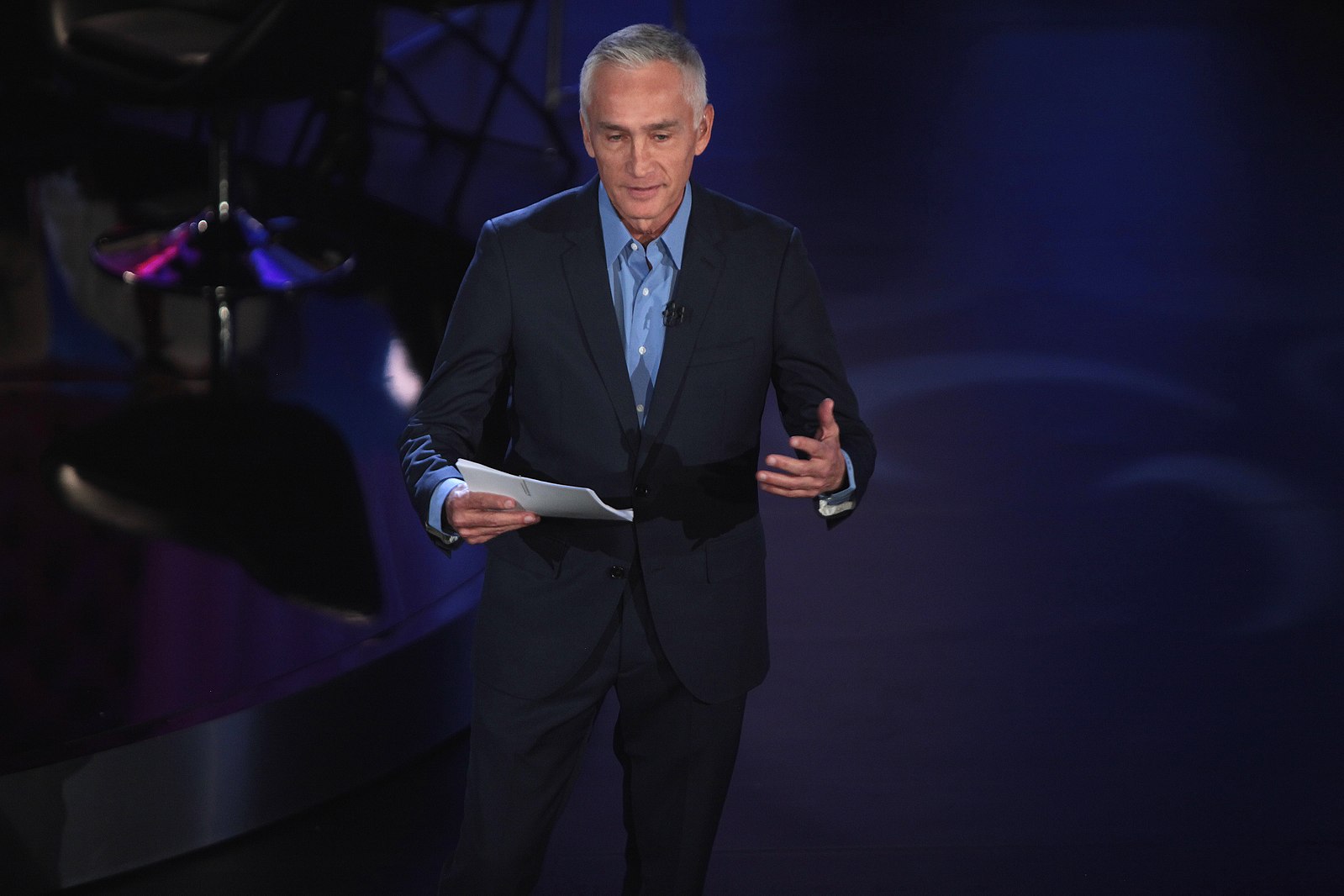By Valerie Sanabria | Published by April 15, 2019
As a Latinx immigrant whose dream is to work in the Spanish-Language media, it was shocking to find out that one of our prominent journalistic figures, Jorge Ramos, was detained in Venezuela on Monday, Feb. 25.
I found out about what was happening when my mom’s “novelas” were interrupted with breaking news that Ramos and his team were robbed, detained, and expelled from Venezuela. The majority of Hispanic journalists I follow on Instagram began posting about this clear violation of journalistic freedom.
Ramos wrote an opinion piece in The New York Times where he said that he got an interview with Venezuelan President, Nicolas Maduro, after a Univision producer called Venezuela’s communication minister, Jorge Rodriguez, and requested it.

Univision sent Ramos to Venezuela with a team for the interview at the Miraflores Palace, where the interview started three hours late according to Ramos.
The first question Ramos asked was, “whether [he] should call [him] “Presidente” or “Dictador,” as many Venezuelans do.”
Ramos is known for asking the tough questions that most would are afraid to. He asked Maduro questions about presidential fraud, human rights violations, and the humanitarian crisis in Venezuela; but what caused the interview to last 17 minutes was what Ramos recorded the day before on his cellphone.
It was a video he shot and showed Maduro of three young men looking for something to eat in the back of a garbage truck. I saw the video and it was hard to see one of them putting waste in their mouths while explaining to Ramos that they must do that every day. It broke my heart.
It was obvious to me that after seeing those images, Maduro did not want to continue speaking to Ramos. All the good he claimed to be doing for the country was immediately shot down by way of the images of people suffering from Maduro’s actions.
Rodriguez’s security agents took Univision cameras, equipment, and every piece of proof they had from that interview. Ramos said he and his team were taken to different dark rooms and were patted down because, “they didn’t want any leaks.”
Two members of Ramos’s team are from Venezuela, and they were expelled too. They were in a life-threatening situation in their own country.

When I emigrated to the U.S. from Guatemala, I knew it was for a better future and because I was going to have better opportunities, but I was sure I wanted to go back and visit and still be safe. Many Venezuelans have emigrated or run away because of the humanitarian crisis in their country, a crisis that seems unstoppable and that makes it hard to go back and visit.
Ramos’ interview was stolen, but his testimony and that video of the three young men eating from the back of the garbage truck are images that the world can see and understand, images that show what Venezuelans are going through.
Venezuelans are facing not only a shortage of resources, but their freedom is also at risk. If foreign journalists are robbed and abused in Venezuela, imagine what Venezuelan journalists have to suffer through every day in a country that is slowly dying and the rest of the world won’t save.

You must be logged in to post a comment.